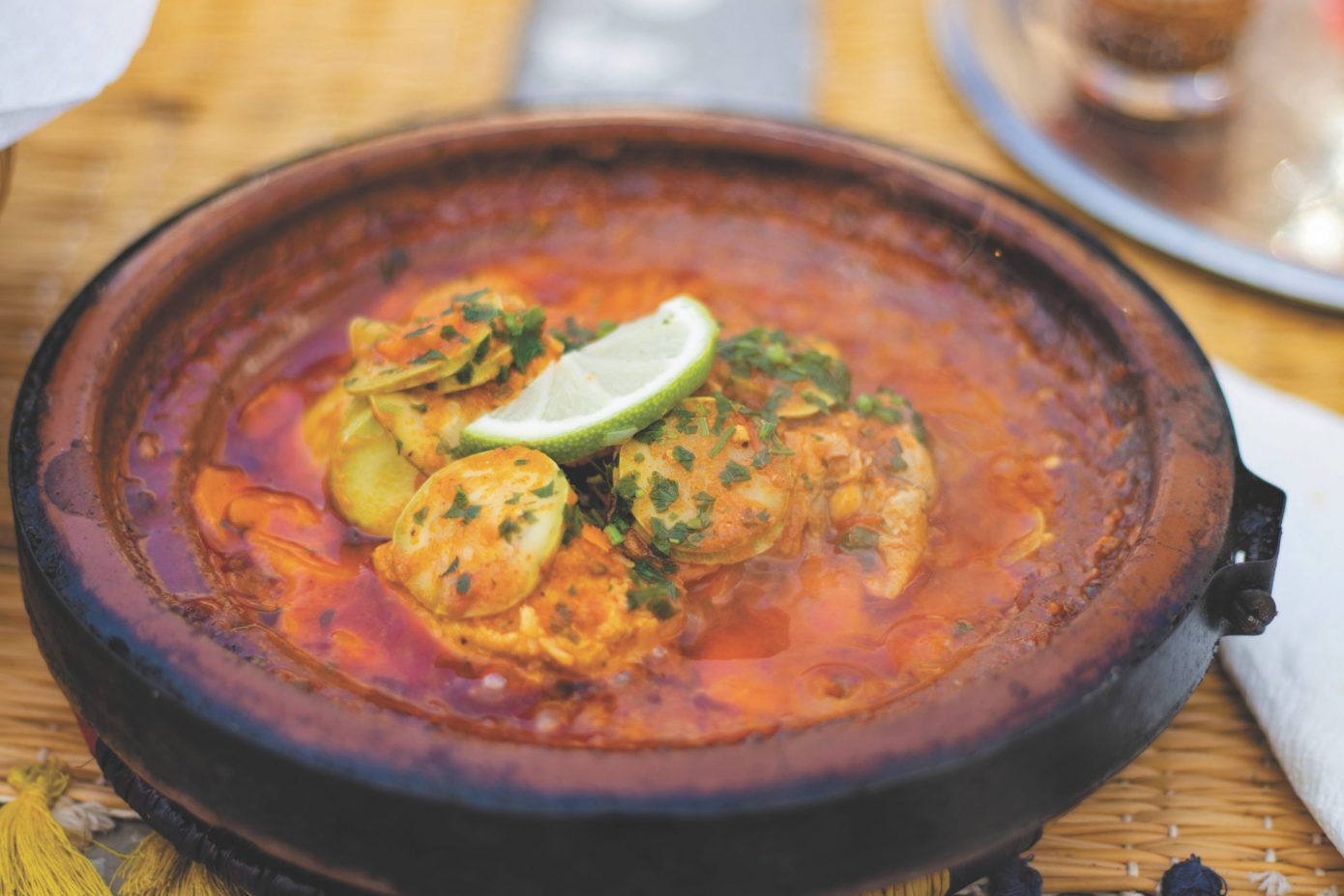Another curry then.
He’d rung and said, “Sorry love, work’s all over the shop. I’ll be late in.”
She knew what that meant. “That’s fine, dear, I was doing a curry anyway – your favourite – the flavours will meld while you work.”
She pounded coriander, turmeric, cumin, fenugreek, ginger, mustard, peppers and chilli in the mortar. So much chilli, so hot: if you lit a match it’d catch fire.
She sautéed onions, garlic, tomatoes, chick peas and spinach, added chicken pieces.
The phone rang. It was her younger daughter. She said,
“Oh hello darling … good… and you? … no he’s working late … a curry… the recipe I gave you girls … and I still stand by that advice. I wish my mother had taught me that. A hostess in the living room, a cook in the kitchen and a financial whizz at work … yes … it’s important for a girl, if things go – awry – you can get out with your future … no darling I’m fine, Dad’s got us covered … love you too.”
She let the curry stew and prepared the rice. Rinse three times, soak to release the gluten, wash and boil and simmer. She’d taught her daughters that too.
The next call was her older daughter.
“Giselle darling … I’m fine … how did you go? … Oh congratulations sweetheart, well done. Will it be longer hours? … I can do an extra day… no you won’t, that’s what grandmothers do, you can save on day care … a pay rise … well that always helps …good on you … no, he’s working late … curry… yes his favourite, but with chick peas not potato … okay, love to you both, give Susie a big kiss from grandma.”
He was home at ten. His hair was unkempt, his shirt spotted with food stains; he carried his coat over his arm.
“Sorry darl,” he said. He proffered a rose. “Here’s a little something to ease the strain.”
It was tall and thin, the type one buys from a restaurant pedlar. It was odourless. He pecked her cheek.
“Hungry?”
“Starving, but it’s late, so just a small serve,” he said.
“A drink while you wait?”
“Best not,” he said, “we cracked a few beers to get us through.”
He washed his hands. She plated the steaming curry, with its fiery pools of chillied oil.
She reached for the jar of nail clippings she kept hidden in the back of the cupboard, and poured some onto the palm of her hand. She looked at them – a cluster of pointed grey crescents that had variously scraped grime from the dishwasher filter, scratched the dog’s belly, picked bleeding band-aids from her grandchildren’s knees – and scattered them over the curry. She watched as they disappeared into the hot red liquid beside the chickpeas and chicken, little shrapnel spice rinds from an exotic recipe.
“I wonder if he chews on her nails,” she thought.

